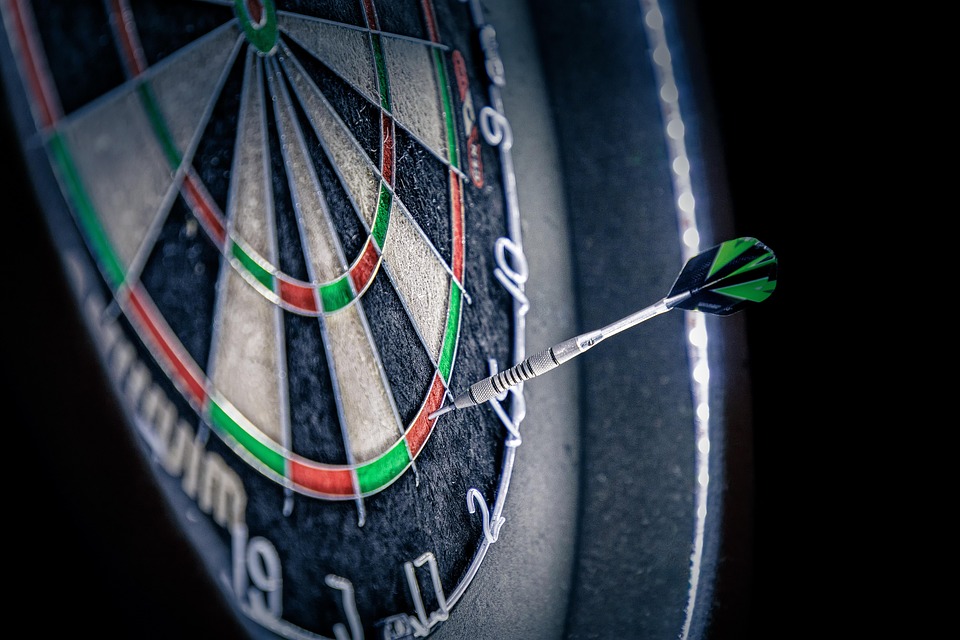In recent years, multiplayer gaming has surged in popularity, transforming from niche communities to mainstream cultural phenomena. Whether it’s teaming up in battle royales or collaborating in cooperative quests, multiplayer games foster unique social dynamics. But what drives players to invest their time and emotions into these online worlds? Delving into the psychology of multiplayer gaming reveals intricate layers that shape our gaming experiences and connections.
The Social Bonding Experience
One of the foremost reasons players engage in multiplayer gaming is the opportunity for social interaction. Unlike single-player games, multiplayer formats create a platform where players can interact, communicate, and form relationships. From casual chats to deep friendships forged through shared experiences, gaming serves as a modern social space.
Social bonding in multiplayer games mirrors real-life interactions, creating a sense of community. Players often organize themselves into guilds or clans, engaging in cooperative gameplay that enhances the bonding experience. This camaraderie can evoke feelings of belonging and acceptance, fulfilling basic human needs for connection.
Online Identity and Representation
Character customization offers players a chance to express themselves in ways that augment their real-life identities. The avatars players create often reflect their personalities, aspirations, or alter egos. This phenomenon is rooted in the psychology of self-representation, where individuals project their desired traits and characteristics onto online personas.
Moreover, the anonymity provided by online platforms allows players to experiment with identities they may not explore in real life. This can foster creativity and self-discovery but may also lead to negative behaviors, such as trolling or cyberbullying when the anonymity emboldens toxic actions.
The Competitive Edge
Competition is a powerful psychological motivator. Multiplayer games frequently involve ranking systems and competitive modes, appealing to players’ instincts for achievement and status. In environments such as esports, players are not only competing for wins but also seeking recognition and validation from their peers and communities.
This competitive nature can stimulate cognitive and emotional responses, enhancing focus, strategic thinking, and quick decision-making. However, the drive for competition can also lead to stress and burnout. Players may experience anxiety as they strive to perform well, particularly in high-stakes environments where their skills are publicly evaluated.
Cooperation vs. Conflict
Multiplayer gaming environments often oscillate between cooperative and competitive play, establishing a complex social dynamic. Some games emphasize teamwork, where players must collaborate to overcome challenges. This need for coordination fosters communication skills and strategic planning, enhancing players’ abilities to work collectively toward shared goals.
Conversely, competitive modes can lead to conflict, where rivalries emerge and tensions can escalate. The psychology behind conflict in gaming can offer insights into player behavior, stirring emotions such as frustration or exhilaration. Addressing these conflicts requires emotional intelligence and good sportsmanship—skills that can translate into real-life interactions.
Reward Systems and Motivation
Many multiplayer games utilize intricate reward systems designed to keep players engaged. Concepts like level-up systems, achievements, and loot boxes tap into the psychological principle of operant conditioning. These rewards activate the brain’s pleasure centers, leading to a cycle of engagement where players seek to replicate the feeling of success and accomplishment.
The rush of a hard-fought victory, the joy of unlocking new content, or the thrill of gaining a new title provide players with intrinsic and extrinsic motivation. Understanding how these mechanics work can illuminate why players often find it difficult to disengage, leading to extended gaming sessions known infamously as “gaming marathons.”
The Dark Side of Multiplayer Gaming
While the benefits of multiplayer gaming are notable, it is crucial to consider the potential pitfalls. Issues such as addiction, toxic behavior, and exclusionary practices can diminish the gaming experience. The intense competition can foster environments that are inhospitable for newcomers or less-skilled players, leading to feelings of inadequacy and discouragement.
Furthermore, the psychological impact of being immersed in a virtual world can lead to escapism, where gaming becomes a primary coping mechanism for real-life stressors. This underscores the importance of balancing gameplay with offline activities to maintain mental well-being.
Conclusion
The psychology of multiplayer gaming is a multifaceted exploration of social dynamics, identity, and emotional responses. As players engage in these digital arenas, they navigate a landscape rich with opportunities for connection, competition, and self-discovery. By understanding the psychological aspects behind multiplayer gaming, players can cultivate healthier gaming habits and foster more positive interactions within their communities.
As we continue to explore the ever-evolving world of gaming, it’s essential to recognize both the profound connections it offers and the challenges it presents. In navigating these experiences, players can strive for a balance that enhances both their virtual and real-world interactions, making gaming a holistic part of modern life.

